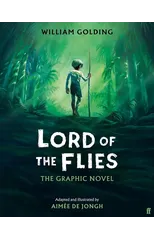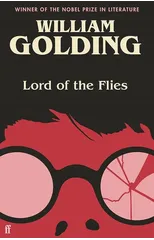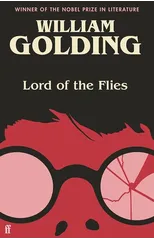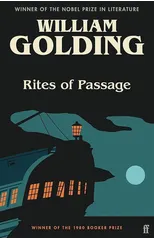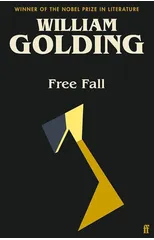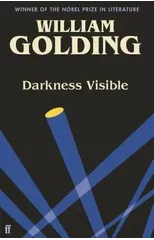With an introduction by John Gray Sammy Mountjoy, artist, rises from poverty and an obscure birth to see his pictures hung in the Tate Gallery. Swept into World War II, he is taken as a prisoner-of-war, threatened with torture, then locked in a cell of total darkness to wait. He emerges from his cell transfigured from his ordeal, and begins to realise what man can be and what he has gradually made of himself through his own choices. But did those accumulated choices also begin to deprive him of his free will? 'A fiercely distinguished book.' Frank Kermode 'It is one of those rare books that should be read by people who don't normally read novels at all. It will stand, I belive, as one of those books against which other books are measures.' Tribune
William Golding
William Golding was a British novelist best known for his novel "Lord of the Flies," which explores the dark side of human nature through the story of a group of boys stranded on a deserted island. Golding's writing style is characterized by its exploration of themes such as morality, civilization, and the inherent evil in humanity. His works often feature complex characters and intricate plots that challenge readers to confront difficult truths about the human condition. Golding's contributions to literature have had a lasting impact on the literary genre of dystopian fiction, influencing writers such as George Orwell and Aldous Huxley. His works continue to be studied and celebrated for their insight into the complexities of human nature and society.

